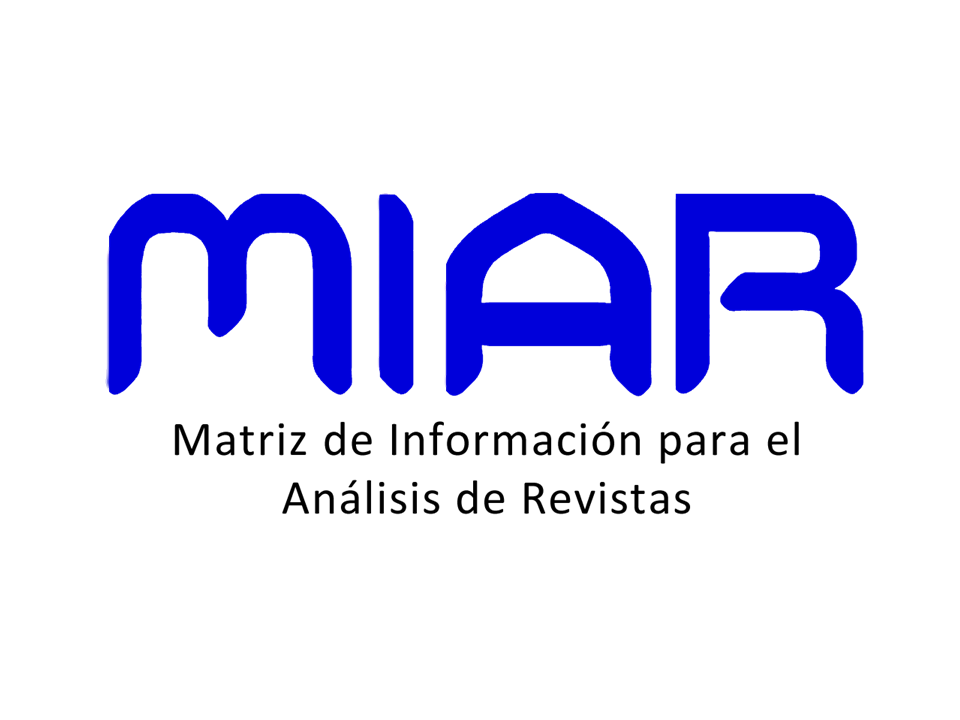Nominal classification in Mundurukú: Semantics
ASPECTOS SEMÂNTICOS
DOI:
https://doi.org/10.22478/ufpb.1983-9979.2022v17n2.63864Keywords:
Mundurukú. Nominal classification. Classifiers. Semantics.Abstract
This paper aims at presenting some semantic aspects of noun classifiers in Mundurukú, a Tupian language. Although they have morphosyntactic aspects that differentiate them from inalienable nous from which they originate, here we draw attention for the semantic importance of nominal classifiers: they are bound nominal roots whose meaning is metaphorical in nature. Based on this criterion, we propose that there are at least 12 classifiers in the language. The semantic domains from which they originate and in which they occur are presented; as well as attention is drawn to its system with clear semantic motivation, since nouns that designate animals and inanimate beings can be, in general, classified, as long as their referents can be semantically categorized for shape and/or consistency.










